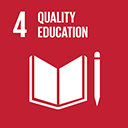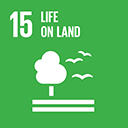
From the 1980s onwards, the paving of a major east-west corridor, Highway BR-364, greatly increased regional market access to the Brazilian State of Acre, leading to increased property values and the expansion of cattle ranching. A major detrimental consequence has been deforestation, as environmentally damaging human activities encroach on the Amazon Basin.
Around 60 km southeast of Feijó town in Acre, the Envira Amazonia project runs along either side of the Jurupari River in the Amazon Basin on land formerly owned by businessmen, Duarte Jose do Couto Neto and Bento Ferraz Pacheco. In 2009, the pair sold 200,000 hectares of land to forest management experts, and the Envira Amazonia project was established to sequester carbon by preserving the 39,300 hectares of forests within the area previously destined for deforestation and conversion to pastures.

installed and one health clinic build in 2019 improving local community health and increasing life expectancies

and education and community meetings are run out of the project headquarters

mitigated on average annually by the project

of tropical rainforests are protected from deforestation, and a biodiversity monitoring plan has been set up
As well as sequestering carbon, protecting the rainforest ensures that the valuable ecosystem services, like air and water filtration, water and nutrient cycle regulation, flood protection can continue. The Envira Amazonia project also works to enhance local livelihoods, for example, community meetings, teaching courses and other educational initiatives that promote environmental stewardship are run out of the project headquarters; and the project has provided access to a dentist, dental kits and a pharmacy.